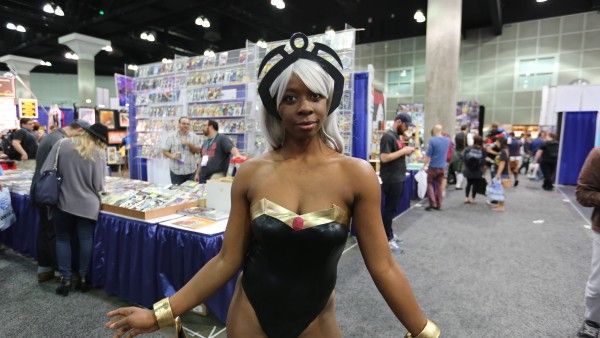 |
| Photo from Collider |
A study about fandoms! Being an enthusiastic fan of more than a few things myself as well as a data nerd, I love the idea of a qualitative and quantitative study into why we fan what we fan, even the weird stuff (I got that vibe too guys).
About the study:
Over the last two years running the Research and Insights team at Troika, I’ve watched many of our clients come to similar conclusions about the importance – and value – of fans and fandom. Many of them have shifted their language, now targeting “fans” instead of “viewers” or “audiences.” Marketing strategies are increasingly crafted to drive not just breadth but depth of engagement. And the conversation has in large part moved from how to “manage” fans to how to “relate” to fans, even learn from them.
Why the shift?
In short, it’s digital empowerment – from streaming content to connecting through social media to creating fan works. When we became capable of consuming, connecting and creating on our own terms, with access to multitudes of others who share our passion for a show, movie, book, story, character, sport, band, artist, video game, brand, product, hobby, etc., the power of fandom began to show. In research we conducted last September, 85% of those surveyed reported being fans of something – 97% in the 18-24 age range. And when we define ourselves as fans, we do more – we watch more, share more, buy more, evangelize more, participate more, help more.
Yet, for all its power, there are many things we don’t really understand about fandom. Why do some stories, characters, experiences, and brands give rise to strong fandom and not others? Can someone go from just liking something to becoming a true fan? How is fandom born, sustained and fractured within the individual? How does it spread and reproduce socially? What sparks, sustains, strengthens and weakens fan communities? What makes fandom the same no matter what form it takes? And what makes it different depending upon what form it takes?
 |
| Photo from Collider |
Something to ponder, I'm very interested in hearing the answers.
For the full article at Variety, check out the link:
http://variety.com/2016/tv/columns/understanding-fans-superpower-troika-1201743513/
Or more details on the study itself:
http://www.troika.tv/
Text from Variety
No comments:
Post a Comment